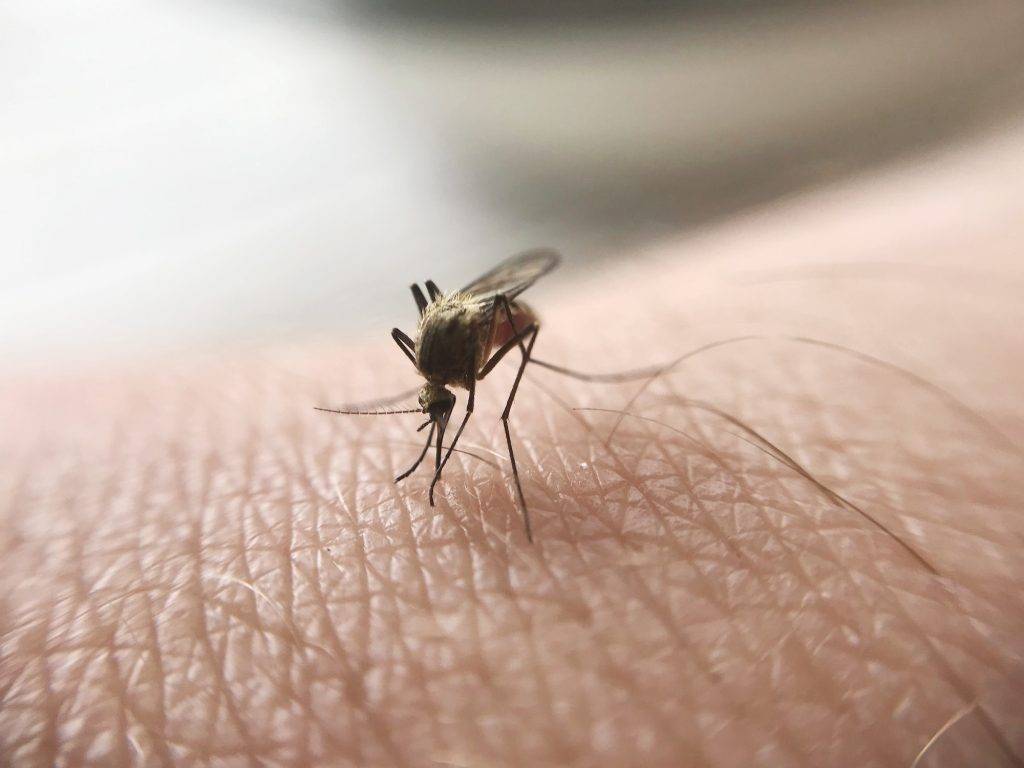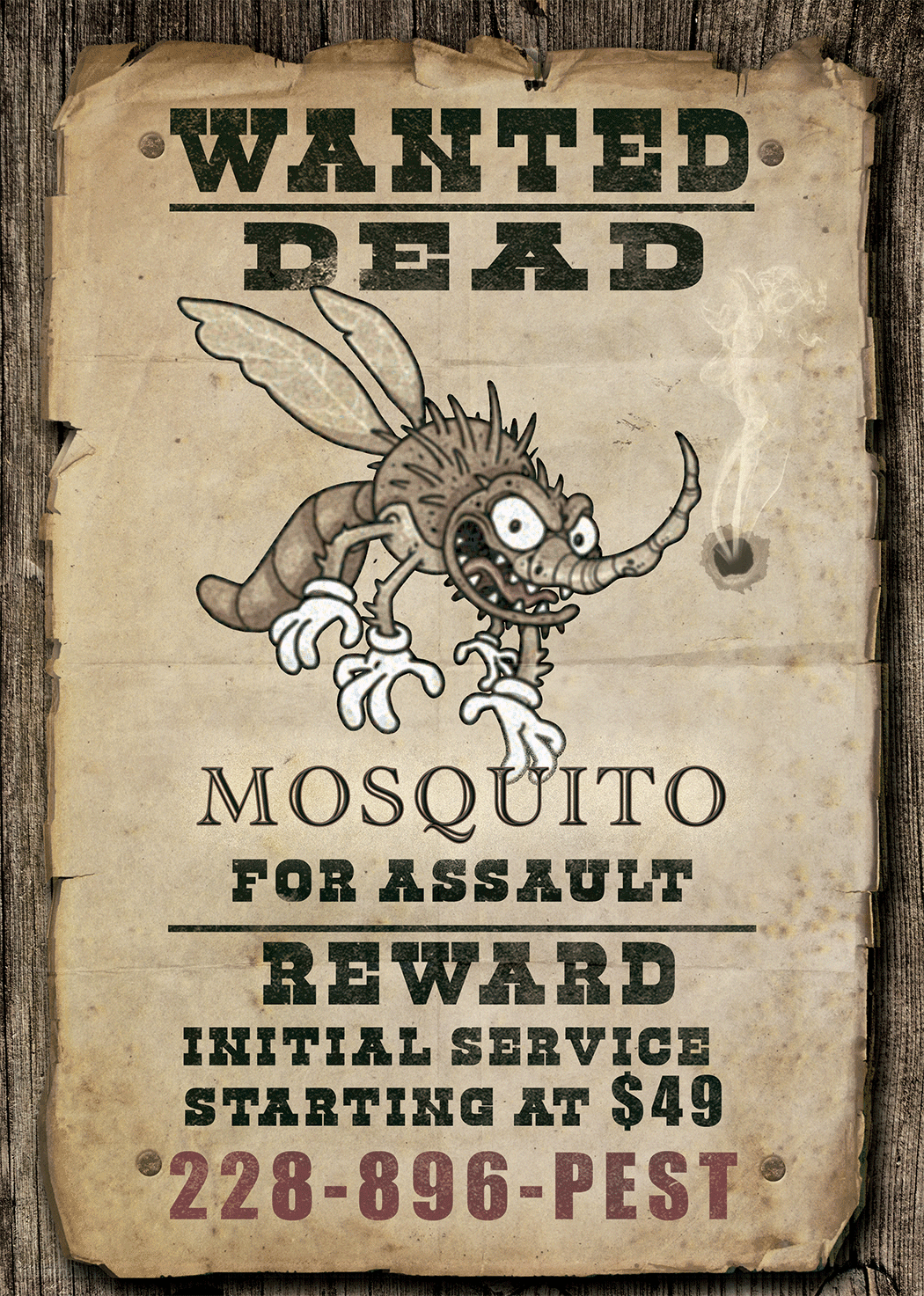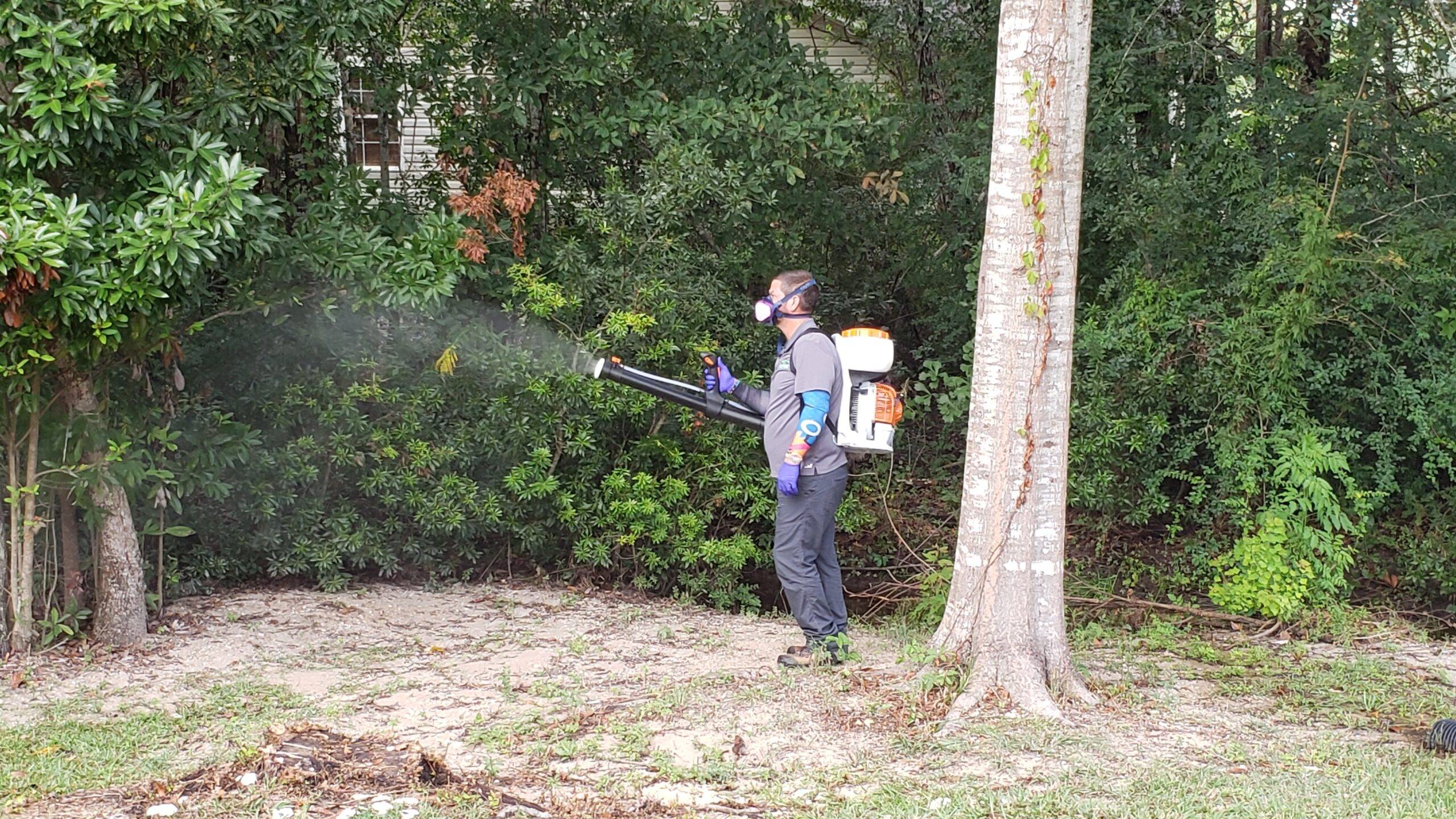Living in Biloxi, MS, means enjoying warm weather and outdoor activities. However, it also means being aware of the risks of mosquito-borne diseases like West Nile virus. Learn how to protect yourself and your family from this potentially serious illness with our comprehensive guide.
West Nile virus is a mosquito-borne disease that can cause mild to severe illness, with symptoms ranging from fever and headache to paralysis and even death in rare cases. With the right precautions, you can reduce your risk of contracting West Nile virus and enjoy a safe and healthy summer.
Understand the Risks
West Nile virus (WNV) is a mosquito-borne virus that was first identified in the West Nile region of Uganda in 1937. It is primarily spread to humans through the bites of an infected mosquito, particularly species of the Culex genus, which are common in many parts of the United States, including Biloxi, MS.
Mosquitoes become infected with WNV by feeding on infected birds, which serve as reservoirs for the virus. Once infected, mosquitoes can transmit the virus to humans and other animals through subsequent bites.
While the majority of people with a West Nile Virus infection do not develop any symptoms, approximately 20% may experience mild symptoms such as fever, headache, body aches, nausea, and vomiting. These symptoms typically last for a few days to a few weeks and then resolve on their own.
In rare cases, about 1 in 150 people infected with WNV will develop severe illness, such as encephalitis (inflammation of the brain) or meningitis (inflammation of the lining of the brain and spinal cord). Severe cases of WNV can result in high fever, neck stiffness, disorientation, coma, tremors, seizures, paralysis, and even death.
Certain individuals, including those over 60 years old, people with weakened immune systems, and those with underlying medical conditions such as cancer, diabetes, hypertension, and kidney disease, are at higher risk of developing severe illness if infected with WNV.
It’s important to understand the risks associated with WNV and take precautions to protect yourself and your family from mosquito bites, especially during peak mosquito activity periods, which are typically from summer through fall. By following simple prevention measures, you can reduce your risk of WNV infection and enjoy a safe and healthy summer outdoors.
Reduce Exposure to Mosquitoes

Reducing your exposure to mosquitoes is key to protecting yourself from West Nile virus (WNV) and other mosquito-borne illnesses. Here are some effective tips to help you stay safe and avoid mosquito bites:
Use Insect Repellent:
When spending time outdoors, especially during dawn and dusk when mosquitoes are most active, use an EPA-registered insect repellent. Look for repellents containing DEET, picaridin, IR3535, or oil of lemon eucalyptus (OLE) for maximum effectiveness.
Wear Protective Clothing:
Wear long sleeves, long pants, and socks to cover exposed skin. This can help prevent mosquito bites and reduce your risk of WNV infection. Choose light-colored clothing, as mosquitoes are attracted to dark colors.
Use Mosquito Nets:
If you have infants or young children, use mosquito nets over cribs, strollers, and outdoor sleeping areas to protect them from mosquito bites. This is especially important during peak mosquito activity periods.
Avoid Peak Mosquito Hours:
Mosquitoes are most active during dawn and dusk. If possible, avoid outdoor activities during these times or take extra precautions to prevent mosquito bites.
Maintain Your Yard:
Keep your yard well-maintained to reduce mosquito habitats. Trim overgrown vegetation, mow the lawn regularly, and remove debris that could collect water.
Install Screens:
Install screens on windows and doors to keep mosquitoes out of your home. Repair any damaged screens to ensure they are effective at keeping mosquitoes and other insects out.
Eliminate Mosquito Breeding Sites

Mosquitoes breed in stagnant water, making it crucial to eliminate standing water around your home to reduce mosquito populations. Here are some effective ways to do so:
Remove Standing Water:
Regularly inspect your property for any containers, such as flowerpots, buckets, or birdbaths, that may collect water. Empty and clean these containers at least once a week to prevent mosquitoes from breeding.
Maintain Pools:
If you have a swimming pool, ensure that it is properly maintained and chlorinated. Mosquitoes can breed in neglected pools, so keep the pool clean and cover it when not in use.
Clean Gutters:
Clogged gutters can accumulate water, providing an ideal breeding ground for mosquitoes. Regularly clean your gutters to prevent water buildup and reduce the risk of mosquito breeding.
Check for Other Sources:
Other common sources of standing water include old tires, discarded containers, and even tarps or covers that collect rainwater. Remove or properly dispose of these items to eliminate potential mosquito breeding sites.
Use Mosquito Dunks:
For areas of standing water that cannot be easily eliminated, such as ponds or rain barrels, consider using mosquito dunks. These contain a bacteria that is toxic to mosquito larvae but safe for other wildlife and pets.
Support Community Mosquito Control Efforts
Community mosquito control programs play a crucial role in reducing mosquito populations and preventing the spread of mosquito-borne diseases like West Nile virus. Here’s how you can support these efforts and protect yourself and your community:
Follow Guidelines:
Stay informed about your local mosquito control program’s guidelines and recommendations. These guidelines may include tips on reducing mosquito breeding sites and best practices for using insect repellent.
Report Mosquito Problems:
If you notice a significant increase in mosquito activity or breeding sites in your area, report it to your local mosquito control program. They can assess the situation and take appropriate measures to reduce mosquito populations.
Participate in Mosquito Surveillance Programs:
Some communities conduct mosquito surveillance programs to monitor mosquito populations and the presence of mosquito-borne diseases. Participating in these programs can help authorities track and respond to potential outbreaks.
Support Larviciding and Adulticiding Efforts:
Mosquito control programs may use larvicides to target mosquito larvae in breeding sites and adulticides to control adult mosquito populations. Supporting these efforts can help reduce the overall mosquito population in your area.
Local Programs in Biloxi, MS:
In Biloxi, MS, the Harrison County Mosquito Control District is responsible for managing mosquito populations and reducing the risk of mosquito-borne diseases. The district conducts surveillance, larviciding, and adulticiding activities to control mosquito populations and protect public health.
Residents of Biloxi can support the efforts of the Harrison County Mosquito Control District by following their guidelines, reporting mosquito problems, and participating in community mosquito surveillance programs. By working together, we can reduce the risk of West Nile virus and other mosquito-borne illnesses in our community.
Seek Medical Attention if Needed
If you suspect you have been infected with West Nile virus (WNV), it is important to seek medical attention promptly. While there is no specific treatment for WNV, supportive care can help alleviate symptoms and prevent complications. Here’s what you need to know:
Recognize Symptoms:
Symptoms of WNV infection can vary from person to person. Most people infected with WNV do not develop any symptoms. However, some may experience mild symptoms such as fever, headache, body aches, nausea, and vomiting. In more severe cases, individuals may develop symptoms such as high fever, neck stiffness, disorientation, coma, tremors, seizures, paralysis, and even death.
Seek Medical Care:
If you develop symptoms of WNV, especially severe symptoms, seek medical attention promptly. Your healthcare provider can evaluate your symptoms, perform tests to confirm the diagnosis, and provide appropriate treatment.
Treatment:
There is no specific antiviral treatment for WNV. Treatment is focused on relieving symptoms and providing supportive care. This may include rest, fluids, pain relievers, and fever reducers. In severe cases, hospitalization may be necessary to monitor and manage symptoms.
Prevention:
The best way to prevent WNV infection is to protect yourself from mosquito bites. Follow the tips mentioned earlier, such as using insect repellent, wearing protective clothing, and eliminating mosquito breeding sites around your home.
Stay Informed:
Stay informed about WNV activity in your area. Local health departments and mosquito control programs may provide updates on WNV activity and prevention tips.
Protecting yourself and your family from West Nile virus is essential, especially during the summer months when mosquito activity is high. By following these tips, you can reduce your risk of contracting West Nile virus and enjoy a safe and healthy summer outdoors.

Stay Safe This Summer: Protect Against West Nile Virus! 🦟🚫
Keep your family safe from mosquito-borne illnesses like West Nile virus with Paramount Pest Solutions’ expert mosquito control services! 🏡🌿 Contact us today for a consultation, learn more about the service plans we offer, and enjoy a worry-free summer outdoors! 🌞👨👩👧👦


